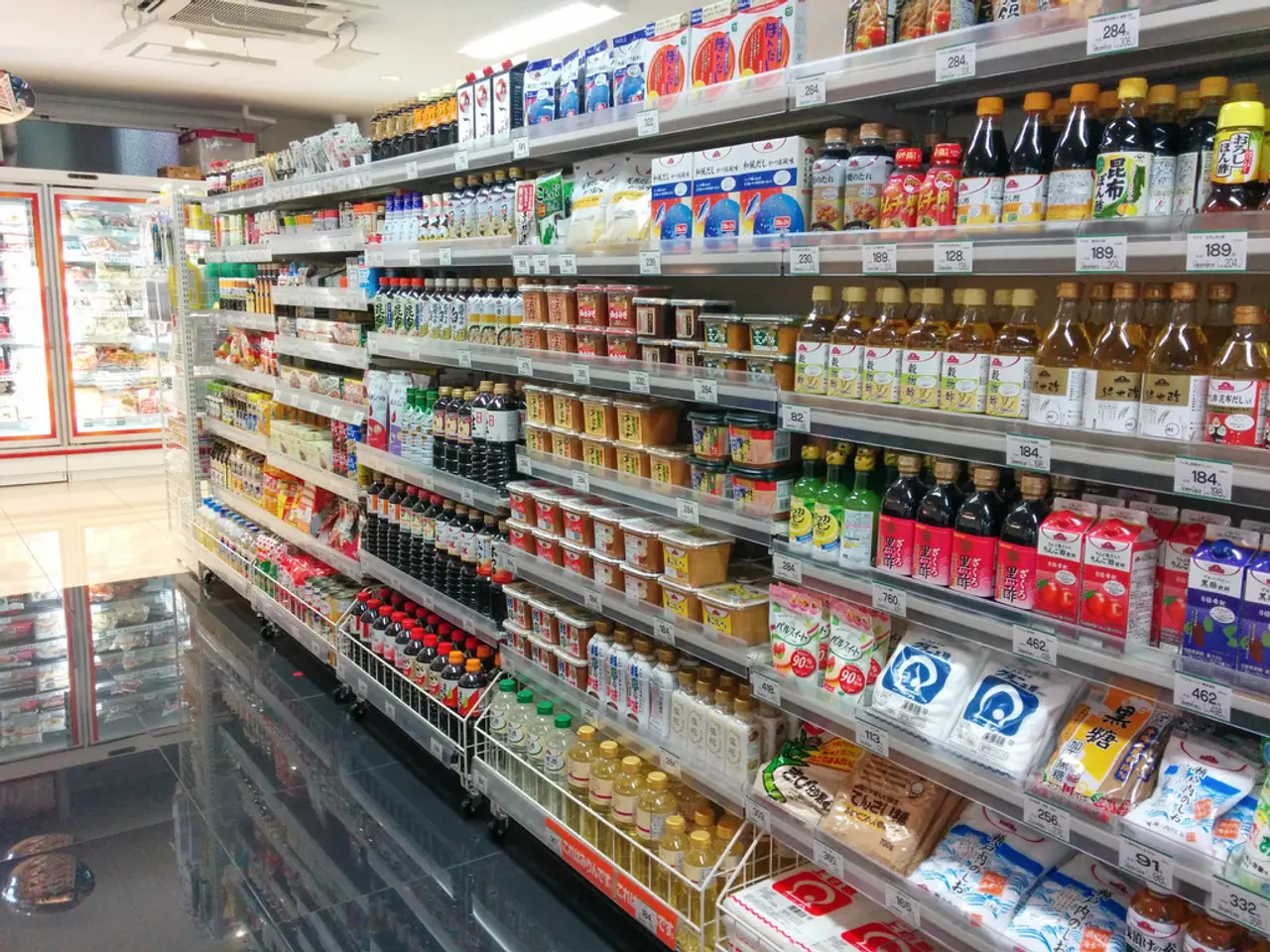Everyone demonstrates self-reliance.
Russian small and medium-sized businesses (SMBs) are shifting their focus towards creating specialized online stores as an alternative to relying solely on marketplaces. This strategic move is driven by a combination of rising operational costs, marketplace saturation, regulatory changes, and a focus on direct-to-consumer (D2C) engagement.
High operational costs and intense competition on marketplaces are putting financial strain on SMBs, with high loan interest rates (35–41%) and labor shortages (vacancies growing by 290%) making the marketplace model less sustainable. Marketplaces like Wildberries and Ozon, which are heavily saturated with thousands of sellers and new international entrants, are increasing competition and reducing profit margins for SMBs.
The Russian government's tightened control over marketplaces, including enforcement against gray imports and low-quality goods, pressures marketplaces to monitor sellers more closely and remove problematic ones. This compliance environment encourages SMBs to develop their own online stores where they can fully control quality, customer relations, and brand reputation.
Russian brands are increasingly investing in D2C models to build stronger consumer loyalty and avoid dependence on marketplace algorithms and fees. The use of micro-influencers and AI-driven personalization tools in D2C stores is growing, enabling SMBs to target specific demographics effectively and create differentiated customer experiences.
The widespread adoption of mobile commerce, digital wallets, and flexible payment solutions in Russia supports SMBs in launching independent online stores that offer seamless, secure, and convenient payment experiences, independent of marketplace platforms' constraints.
Online goods prices are stabilizing or increasing due to improved government customs enforcement and logistics costs, meaning marketplaces no longer guarantee cheaper prices as they once did. This reduces a key advantage of marketplaces over independent online stores.
In 2025, there were 1.26 million active sellers on the two largest marketplaces, Ozon and Wildberries, a decrease of 2% compared to 2024. In contrast, sales volumes for Russian specialized online stores created by small and medium-sized businesses increased by 14% compared to the previous year.
Sources:
[1] Kommersant. (2025, July 1). Russian SMBs Shift to Own Online Stores. Retrieved from https://www.kommersant.ru/doc/4641807
[2] Kommersant. (2025, June 15). Marketplaces Face Pressure from Regulators and SMBs. Retrieved from https://www.kommersant.ru/doc/4636270
[3] Kommersant. (2025, May 1). Mobile Commerce Drives Growth of Independent Online Stores. Retrieved from https://www.kommersant.ru/doc/4631127
[4] Kommersant. (2025, April 1). Yandex Market Introduces "Showcases" for Sellers. Retrieved from https://www.kommersant.ru/doc/4625993
[5] Kommersant. (2025, March 1). Take Rate on Certain Products Reaches 40%. Retrieved from https://www.kommersant.ru/doc/4621001
Technology plays a crucial role in the shift of Russian SMBs towards creating specialized online stores, as it enables them to build stronger consumer loyalty through D2C models and utilize micro-influencers and AI-driven personalization tools for targeted marketing. Moreover, the adoption of mobile commerce, digital wallets, and flexible payment solutions allows SMBs to offer seamless, secure, and convenient payment experiences, bypassing the constraints imposed by marketplace platforms.




